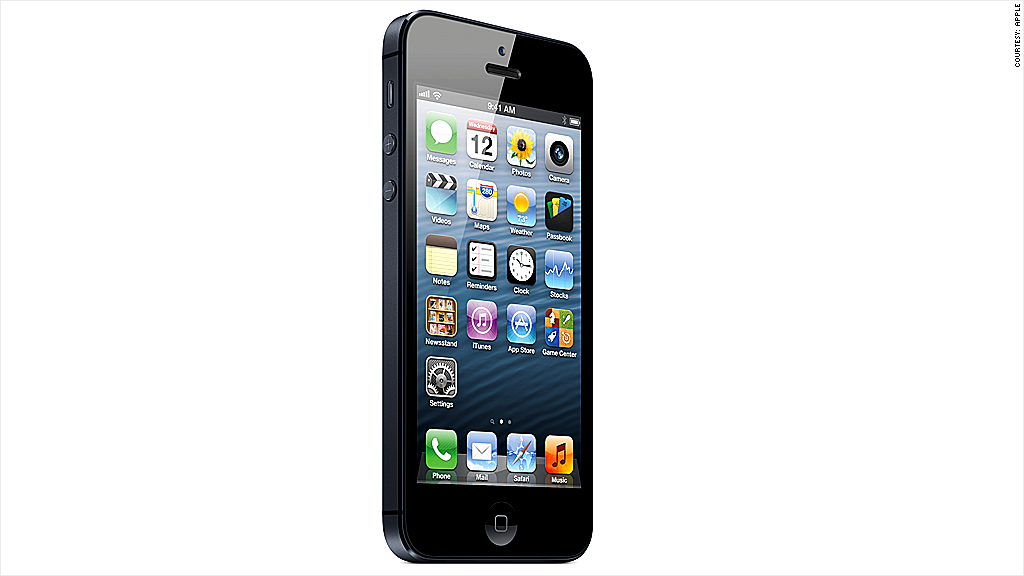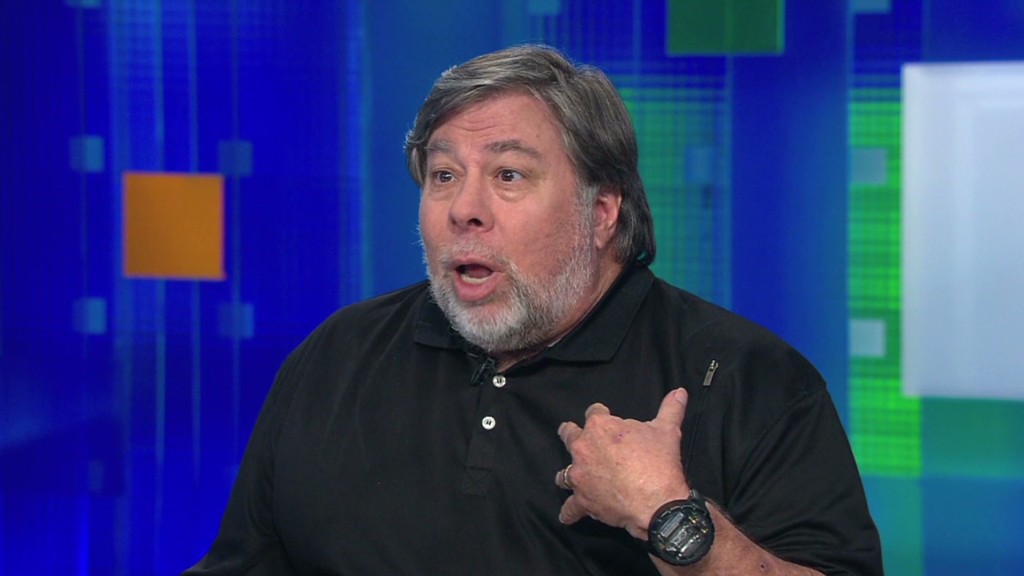
This is unfamiliar territory for Apple.
The smartphone market Apple (AAPL) spent the past seven years dominating has matured, and there's increasingly less to differentiate an iPhone from the competition. Apple is now looking up at the competition that passed it by. It has ceded the software market share crown to Google's (GOOG) Android platform, and hardware market share to Samsung.
As a result, Apple has spent much of 2013 taking a hit in the stock market, with its biggest detractors citing a lack of innovation in the past few years.
This has led for some to suggest that Apple needs to rethink its smartphone a year strategy, lest it wants to suffer the same fate as BlackBerry (BBRY). They say Apple needs to take a page from Samsung's playbook and offer more; big phones, small phones, cheap phones, and rugged phones.
That would be a mistake.
Virtually every strategic decision that Samsung has made in the past three years lies in opposition to what has made the iPhone so popular.
Related story: iPhone 5C will be cheaper for Apple, not for you
Design: When it comes to design, Apple has without question set the standard that every other company has chased for the last 10 years. You won't find another smartphone that combines thinness, lightness and attractiveness as well as the iPhone.
Samsung is openly ambivalent about design. It doesn't care much about form or materials, at least not enough to invest the time and money into solving same sorts of design problems Apple does. Plastic is cheap and durable, and for Samsung, that's good enough.
Developers: One of Apple's biggest strengths has been its app ecosystem and developer community. But to follow Samsung's product strategy and offer dozens of phones with considerably different hardware and screen sizes would be to give up a key reason why developers flock to iOS -- it's easy to develop for.
To date, there have been a total of six iPhones. Their processors have largely remained the same, and Apple changed the iPhone screen resolution just twice. That makes the development and testing process on iOS extremely simple for app makers. Ask any developer about their experience on Android, and they'll tell you its a nightmare.
If Apple were to chase Samsung, it would risk losing out on getting the best and most innovative apps first. Apple absolutely cannot afford that.

Consumers: Apple's strategy has made the iPhone purchasing experience idiot-proof. It's available on just about every U.S. carrier, and Apple sells three versions: good (iPhone 4), better (iPhone 4S) and best (iPhone 5).
At this point, there are those who like the iPhone, and those who don't. Unlike Samsung, which has dozens of other Android competitiors, Apple doesn't have any other rivals who make iOS smartphones. That means Apple doesn't have to pander to consumers in quite the same way. As long as a certain level of quality is met, a significant consumer base will always be there.
Sure, we're going to see a lower cost iPhone appear later in September. We might eventually see a larger iPhone appear as a response to a natural shift in consumer demand.
What we won't see is an entire family of iPhones attempting to cater to every niche consumer out there.

